Computer Vision Course







Computer Vision Course
What will I learn?
- Understand the fundamental principles and concepts of computer vision.
- Process and analyze images and videos using computer vision techniques.
- Implement algorithms for feature detection and matching.
- Develop methods for object recognition and classification.
- Apply deep learning techniques to computer vision tasks.
- Solve real-world problems using computer vision technologies.
Requirements
- Proficiency in a programming language (Python preferred)
- Familiarity with machine learning concepts
- Basic understanding of linear algebra, calculus, and probability
Computer Vision Course Content
- Computer Vision
- Image Formation
- Sampling and Quantisation
- Image Processing – flipping, cropping, rotating, scaling
- Image statistics & Histogram
- Spatial Resolution
- Gray level/Intensity Resolution
- Spatial Filtering
- Convolution
- Smoothing, Sharpening
- Color Space Conversion & Histogram
- Computer Vision
- Convolution Neural Networks (CNN)
- Why CNN? Building an Intuition for CNN
- CNN, Kernels, Channels, Feature Maps, Stride, Padding
- Receptive Fields, Image Output Dimensionality Calculations, MNIST Dataset
- Explorations with CNN
- MNIST CNN Intuition, Tensorspace.js, CNN Explained, CIFAR 10 Dataset Explorations with CNN
- Dropout & Custom Image Classification for Cat and Dog Datasets
- Deployment in Heroku, AWS or Azure
- CNN Architectures
- LeNet-5
- AlexNet, VGGNet
- Inception, ResNet
- Data Augmentation
- Benefits of Data Augmentation
- Exploring Research Papers
- Exploring Augmentor
- Object Detection Basics
- What is Object Detection?
- Competitions for Object Detection
- Bounding Boxes
- Bounding Box Regression
- Intersection over Union (IoU)
- Precision & Recall
- What is Average Precision?
- Practical Training using Tensorflow1.x
- Custom Model Training in TFOD1.x
- Our Custom Dataset
- Doing Annotations or labelling data
- Pretrained Model from Model Zoo
- Files Setup for Training
- Export Frozen Inference Graph
- Inferencing with our trained model in Colab, Training in Local
- Inferencing with our trained model in Local
- Practical Training using Tensorflow2.x
- Introduction to TFOD2.x
- Using the Default Colab Notebook
- Google Colab & Drive Setup
- Visiting TFOD2.x Model Garden
- Inference using Pretrained Model
- Inferencing in Local with a pretrained model
- Practical Object Detection Using YOLO V5
- Introduction for YoloV5
- YoloV5 Google Colab Setup
- Inferencing using Pre-Trained Model
- Prompt Engineering
- Why Prompt Engineering?
- ChatGPT
- Few Standard Definitions:
- Label
- Logic
- Model Parameters (LLM Parameters)
- Basic Prompts and Prompt Formatting
- Elements of a Prompt:
- Context
- Task Specification
- Constraints
- General Tips for Designing Prompts:
- Be Specific
- Keep it Concise
- Be Contextually Aware
- Test and Iterate
- Prompt Engineering Use Cases
- Information Extraction
- Text Summarization
- Question Answering
- Code Generation
- Text Classification
- Prompt Engineering Techniques
- N-shot Prompting
- Zero-shot Prompting
- Chain-of-Thought (CoT) Prompting
- Generated Knowledge Prompting
Get in touch
400+ Global Employment Partners


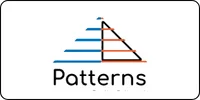

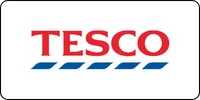



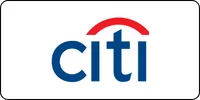

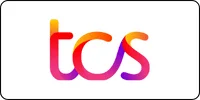


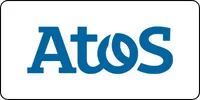
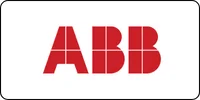
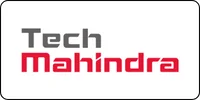
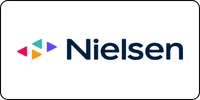






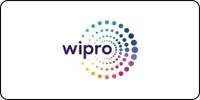
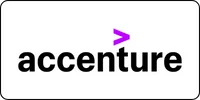


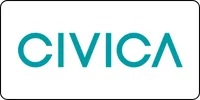
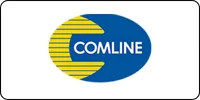
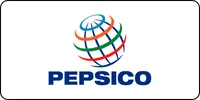
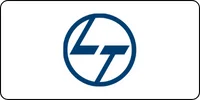
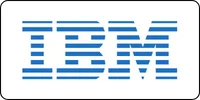
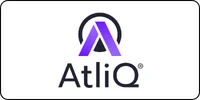
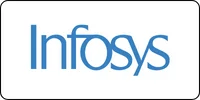


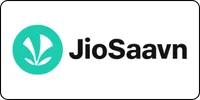

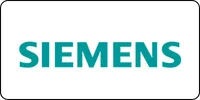
Why Choose Computer Vision Certification Course from Bright Computer Education?

Designed Curriculum
Our curriculum covers everything from basic to advanced topics. Topics include variables, data types, control structures, functions, OOP, STL, and more.

Hands-on Learning
Dive into practical exercises and coding projects that reinforce learning and help you build real-world applications.

Experienced Instructors
Learn from industry experts with years of experience in C programming and software development.
Flexible Learning
Choose from flexible scheduling options, including self-paced learning or live virtual classes to fit your busy lifestyle.
Career Development
Gain valuable skills sought after by employers in various industries, from software development to embedded systems and beyond.
Interactive Learning
Engage with fellow learners and instructors through live Q&A sessions, discussion forums, and collaborative coding exercises.
Diverse Career Opportunities in Computer Vision: Exploring Paths in India's Technology Sector
Frequently Asked Questions
Recently View Courses
Course Details Curriculum Placement FAQ’s Deep Learning Certification Course The Deep Learning Certification Course...
Read MoreCourse Details Curriculum Placement FAQ’s Data Structures & Algorithms Certification Course Master the foundation...
Read MoreCourse Details Curriculum Placement FAQ’s Generative AI certification course Step into the rapidly evolving...
Read More
